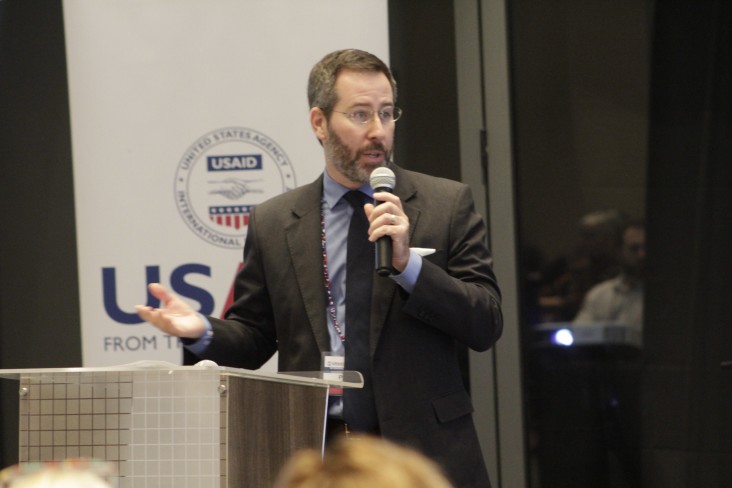Speeches Shim

Good morning ladies and gentlemen.
I am pleased to join you today to learn about this study which provides evidence about the cost-effectiveness of resilience. Special thanks to our partner, James Oduor and the National Drought Management Authority (NDMA), for co-hosting this event. And thank you all for joining us.
I am a strong believer in professional development and learning. One of USAID’s core values is the commitment to learning. We seek to improve ourselves and our work continually, and I believe that today will provide us a good opportunity to pause and reflect.
This study compared a range of investment and response scenarios in Kenya, Ethiopia and Somalia. It demonstrates that early humanitarian response, safety nets and investments in resilience are far more cost effective than responding only after households have engaged in negative coping strategies. Given the global caseload of humanitarian needs and the finite budgets available, we must think carefully about how best to invest our resources. This study should inform our thinking.
USAID is proud of the resilience work it promotes across the region in partnership with national governments, regional intergovernmental organizations and other development partners. In Kenya, our work is done with the strong leadership of the NDMA under the Partnership for Resilience and Economic Growth, or PREG. This PREG partnership has contributed to an impressive 12 percent reduction in the depth of poverty in some areas. We are pleased to note the commitment of the Government of Kenya of $1.6 billion dollars against the Ending Drought Emergency framework, and we believe Kenya is a role model to countries within the region on how to prioritize resilience-building activities.
We promote this approach for three reasons: it is cost effective; it allows governments, communities and the private sector to take responsibility for managing risks; and it promotes collaboration across ministries and sectors.
I would like to congratulate Ms. Venton and her team for putting together this study. I appeal to all decision makers to use the evidence that will be presented today to justify our collective investment decisions. This approach will strengthen our programs to not only be more cost effective, but also deliver on our promises to help people emerge from crises and move beyond emergency assistance.
I now have the pleasure to declare this learning event open!
Thank you.

Comment
Make a general inquiry or suggest an improvement.